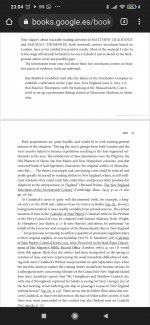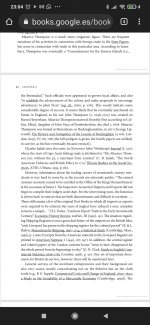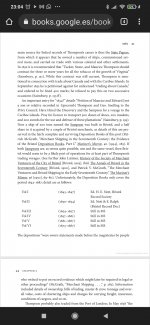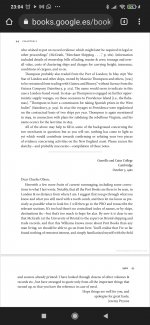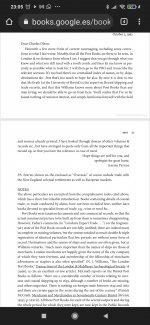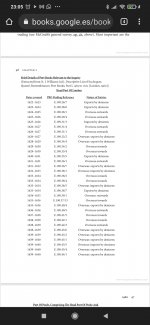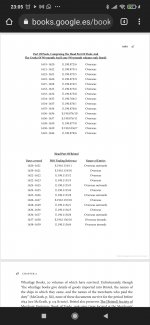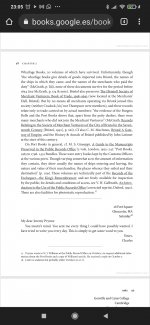sus
Moderator
The reading list for Jane Austen alone—and we must assume that if he is recommending the wheat, he has read at least double or triple in chaffe, otherwise the list is pointless—is the work of a lifetime for a Jane Austen scholar. Several editions of all her novels plus dozens of secondary books, biographies, and companions.
I do not think that is a reasonable guide for an undergraduate, again, it is a lifetime of deep scholarship.
There are dozens of authors who he gives similar lists for.
I do not think he has done twenty professional literary scholars worth of careful reading, in addition to all the other non-canon, non-English literature and poetry he's certainly read (from modernism to world lit to non-literature e.g. cybernetics or philosophy)
I do not think that is a reasonable guide for an undergraduate, again, it is a lifetime of deep scholarship.
There are dozens of authors who he gives similar lists for.
I do not think he has done twenty professional literary scholars worth of careful reading, in addition to all the other non-canon, non-English literature and poetry he's certainly read (from modernism to world lit to non-literature e.g. cybernetics or philosophy)

